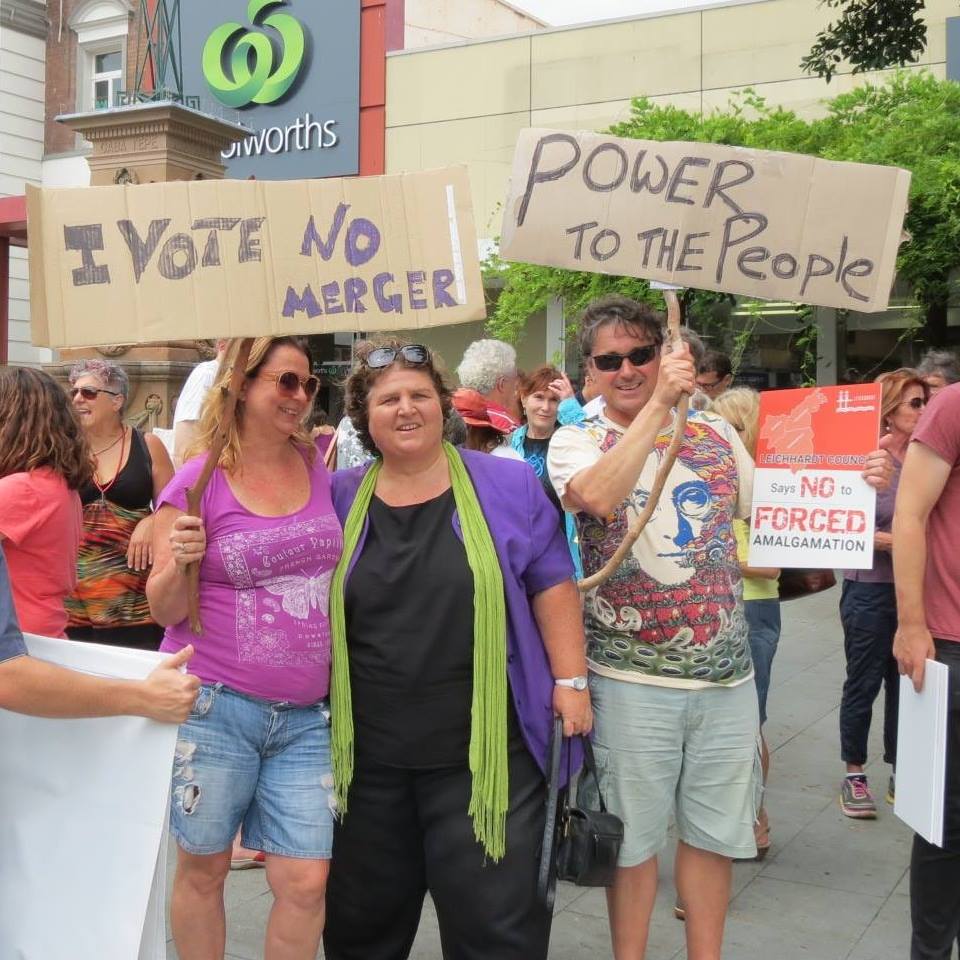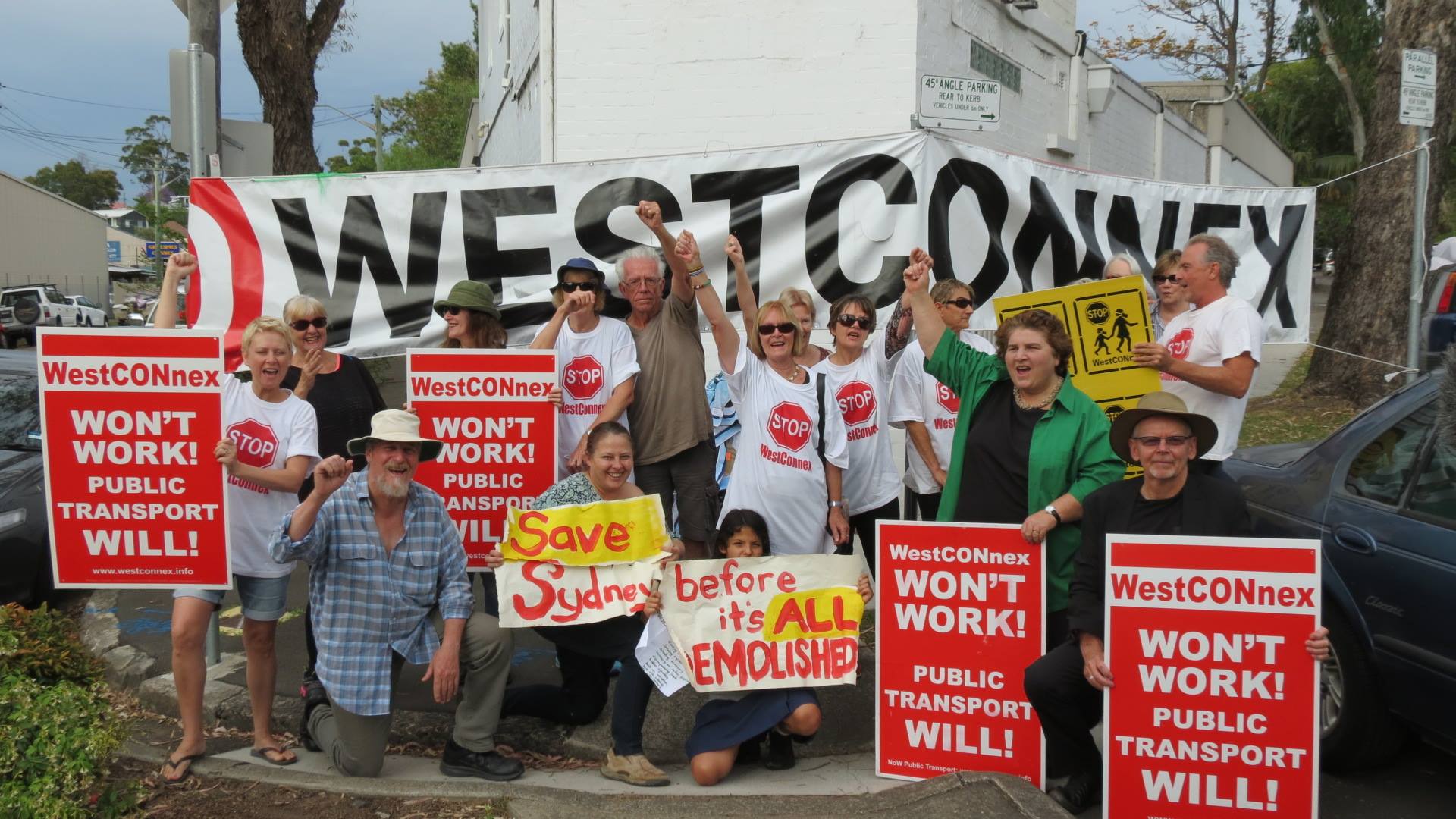
How do you write the obituary for someone who should not have died? Certainly not so suddenly.
Rochelle Porteous fell sick on January 29, and not feeling any better the next day, went to hospital in the afternoon and was dead two hours later from a raging infection.
Sure, she had not enjoyed the best of health for the past decade and was wheelchair bound, but she was still active in the Greens.
In fact, she was co-convenor of the state campaign committee preparing for the federal elections.
She’d attended a meeting of that committee three days before she died. As usual, she had been a commanding presence. The news of her death stunned the party.
Our hearts immediately went out to her partner and husband for the past 40 plus years, Aurelio Spagnuolo.
In talking of Rochelle, it was always impossible not to include Aurelio: The other half of the complete couple. They were inseparable and Aurelio was her essential partner. In fact, they were one of the great love stories of the Greens movement.
Others who knew her better can talk of her emerging as a woman shaped by the 1970s, the age of women’s liberation, of second-wave feminism.
The patriarchy — in the world, in the Greens, or anywhere else — held no fears for her.
Rochelle was Newcastle born and raised, and after matriculating from Newcastle Girls High in 1977, shouldered her backpack and took off for Europe for the traditional gap year. She didn’t come back for another 20 years.
The reason was the Italian she met in Italy: Aurelio.
They travelled far and wide and settled in London in the late-1980s where, utilising Rochelle’s flair for organising and Aurelio’s skills as a master chef, they opened a small network of Italian eateries specialising in slow-cooked, Italian peasant food.
As a bonus, they also opened a gelato bar in Covent Garden.
They came back to Australia in 1999, in time to campaign in Balmain for Jamie Parker, the first Green to be elected to Leichhardt Council.
Rochelle was herself elected as a Greens councillor to Leichhardt Council in 2004. She served four consecutive terms on Leichhardt and Inner West Councils from 2004 until 2021. She was mayor for two years as well.
That was the Rochelle I knew. Hers was not a cushy journey.
Rochelle rarely missed a fortnightly council meeting, read the hundreds of pages of each meeting’s business paper, always answered the phone calls and emails of constituents, insisted they be heard at council meetings and organised heaps of public meetings, large and small.
In only one of her four terms was she in the majority. Usually, she faced a majority alliance of Labor and Liberals, linked by their hostility to the Greens. Labor in 2004 went so far as to put the Liberals ahead of the Greens on their how-to-vote card.
For the Greens, and the left generally, being in a minority is not an unusual position.
The crucial thing is that Rochelle’s greatest victories came while she was in a minority on Leichhardt Council.
The first was in 2007. Frank Sartor, the lamentable then Labor planning minister cooked up a scheme to hand over Callan Park to the University of Sydney, which wanted to build 16 four and six-storey buildings all over the parklands.
This would have robbed the Inner West of its major regional and heritage park.
While the council majority equivocated (they were tempted to a do a deal for access to new sporting fields), Rochelle led the opposition and threw herself into building the powerful community campaign.
The university and Sartor clung to their scheme as long as they could, but even the NSW Department of Planning eventually decided the plans were an overdevelopment.
Quite suddenly, the plan collapsed.
Rochelle’s second major victory from opposition occurred nearly 10 years later in 2016 when the Mike Baird Coalition government announced he would forcibly amalgamate councils across New South Wales.
The sheer authoritarianism of this move angered Rochelle, but she also believed that small units of government are necessary for public participation and participatory democracy to flourish.
Rochelle not only led the opposition on Leichhardt Council to its forced merger with Marrickville and Ashfield, but convened the Save Our Councils, a state-wide alliance of local councils and community campaigners. She had been active in the Local Government Association and had a network of contacts across the state.
Rochelle not only battled the Labor-Liberal majority on her own council over its cave-in to the forced merger, but drove the larger state-wide campaign, organising rallies and lobbying, encouraging legal challenges, galvanising parliamentary opposition and even rallying volunteers to go to Orange for a crucial by-election in which the key issue was these forced council amalgamations.
This combination — the government lost the by-election — forced the harried government to abandon a slew of the amalgamations where councils had resisted their forced merger.
There were other victories from minority too.
During the 2012–16 term on Leichhardt Council, Rochelle moved for council to disinvest from fossil fuel-connected companies and from corporations involved in the incarceration of refugees. Initially these moves were defeated but, in the end, Labor came around and the policies were adopted.
All these victories were not, of course, magicked out of thin air by Rochelle. But she firmly believed that with a good cause and determined, public campaigning, we could win.
Not all the time, however, and she was disappointed that the campaign against WestConnex, which she spearheaded, failed.
But there were triumphs enough for her experiences to be an object lesson for us all.
Finally, as though campaigning for open council, public participation, and social and international justice, wasn’t enough, Rochelle had other causes.
She was, for instance, active in support of the rights and equality of disabled people. In the past six years Rochelle was herself in a wheelchair.
One of the most moving aspects of the commemoration of Rochelle’s life held in a packed Leichhardt Town Hall on February 22 was the number of disabled activists who paid tribute to her support and mentoring.
Rochelle is not with us anymore, but her example is.
Her fight — no matter what the odds — for the planet, for the vulnerable, for a democracy based on equality, openness and participation, remains to be fought, and won, whatever the transient numbers happen to be.
[Hall Greenland worked with Rochelle Porteous in the campaigns to Save Callan Park and to stop the amalgamation of councils.]
rochelle_porteous_2021_rp_community_activist_fb_2.jpg

rochelle_porteous_2021_rp_community_activist_fb_4.jpg
